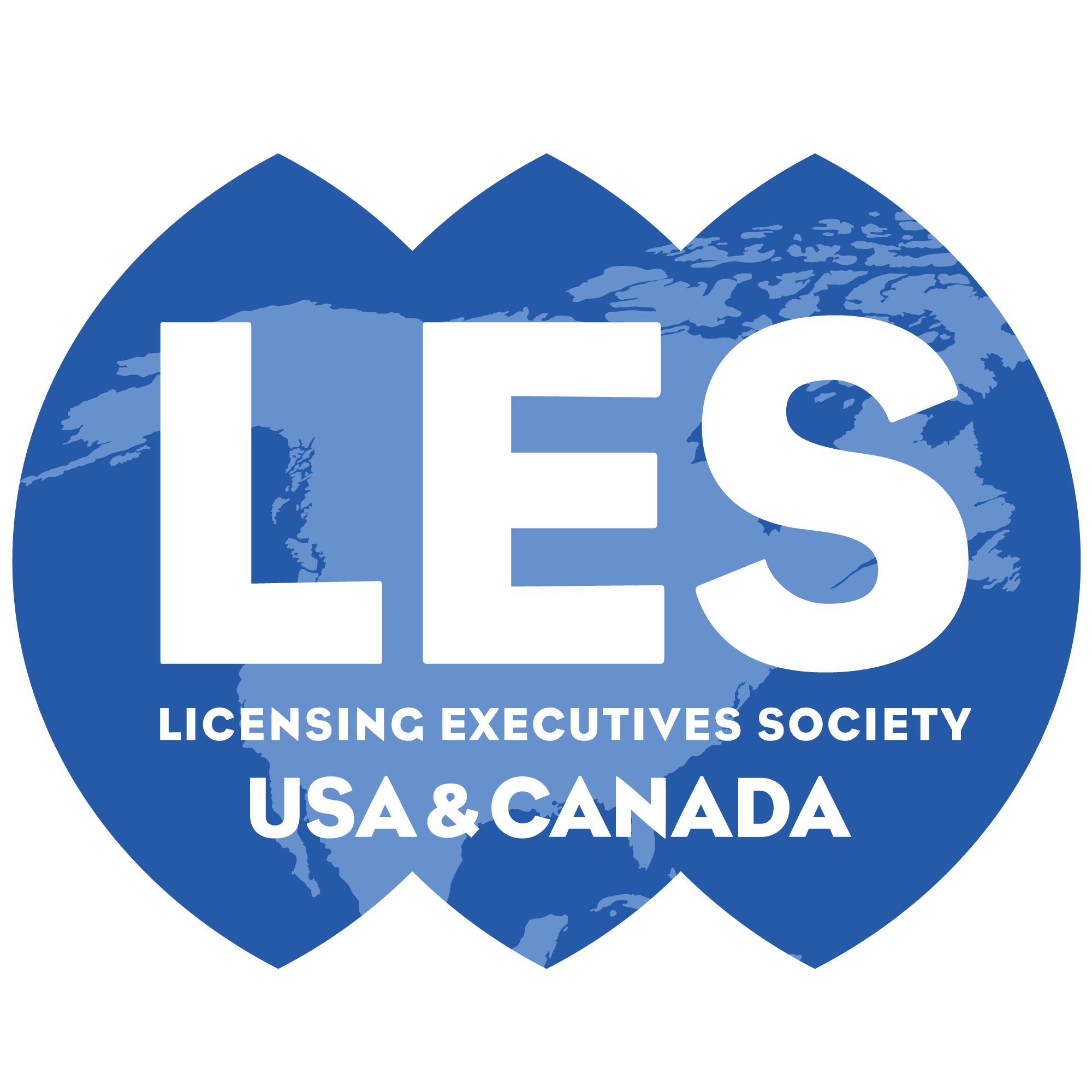

In celebration of World IP Day 2025, the Licensing Executives Society (LES) hosted a distinguished panel of IP experts and policymakers on April 25. The event, organized by Ray Van Dyke, LES Vice President of Special Events, brought together voices from across the innovation ecosystem to examine the current state of intellectual property law and policy—and where it must go next.
“On World IP Day, we celebrate the contributions of creators, inventors, and entrepreneurs who are pushing the boundaries of innovation and creativity to bring people together, drive change, and inspire a more innovative future,” said Van Dyke, who also served as moderator.
A Distinguished Roster of Thought Leaders
The panel featured influential figures in IP law and policy, including:
- Raymond Van Dyke, Attorney, Van Dyke Intellectual Property Law (Moderator)
- Evelyn Chen, President & Chair, LES USA & Canada
- Valencia Martin-Wallace, Acting Commissioner for Patents, USPTO
- Senator Thom Tillis, U.S. Senator for North Carolina (via video message)
- Peter-Anthony Pappas, Director of IP Policy, U.S. Senate Committee on the Judiciary
- Judge Pauline Newman, Federal Circuit
- Robert Armitage, Intellectual Property Consultant
- Judge Randall Rader, Former Chief Judge, Federal Circuit
- Judge Paul Michel, Former Chief Judge, Federal Circuit
- Chris Israel, Senior Partner, ACG Consultants
- Professor Jonathan Barnett, USC Gould School of Law
Together, the speakers explored critical issues ranging from patent eligibility reform and judicial inconsistencies to the growing impact of artificial intelligence on IP frameworks.
Policy in Focus: Patent Reform and AI
One of the major themes of the event was legislative reform, particularly surrounding the Patent Eligibility Restoration Act (PERA) and Section 101 of the Patent Act. Panelists voiced concern over ambiguity in patent eligibility standards and emphasized the need for greater clarity to support innovation, particularly for startups and individual inventors.
Peter-Anthony Pappas, Director of IP policy for the Senate Judiciary Committee, shared his journey from studying semiconductor and embedded system design to becoming an IP policy expert. Pappas highlighted his current work on IP issues in the Senate, including the impact of AI on copyright and the need for legislative solutions.
“We saw the PREVAIL Act pass the Senate Judiciary Committee at the very end of last year, along with the reintroduction of the Patent Eligibility Restoration Act (PERA),” said Pappas. “Copyright & AI is a very big issue in trying to figure out how and when to weigh in on that. The current approach is, let the courts litigate it, see where that falls out, and where necessary, come in with legislation.”
Pappas was brought to Washington, DC by Senator Thom Tillis, a vocal supporter of strong IP rights, who submitted a video message reiterating his commitment to protecting inventors and promoting legislative clarity for this panel.
Judicial Voices: Clarifying Section 101
Judge Paul Michel, a long-time advocate for patent system reform, offered an impassioned critique of the separate branches of government that need to work together.
“I’ve been working to try to restore the coordination and encourage Congress to correct the courts where they have strayed too far from the sound policies that were embedded in the patent law as enacted by Congress.”
Michel called for a concerted legislative and judicial effort to reverse what he sees as a dangerous trend toward weakening patent protections.
Coordinated Advocacy from Industry and Government
Chris Israel, Senior Partner at ACG Consultants, spoke about the organization’s advocacy efforts and the importance of coordinated action across all branches of government. He addressed ongoing concerns, including foreign patent ownership, litigation funding, and the rapid development of AI technologies.
“I think this confluence of AI and intellectual property, particularly in the copyright space, will be a big issue for this year,” said Israel. “We entered this year with a number of cases underway, including New York Times, Universal Music, and Getty. Hopefully, we’ll end 2025 with more certainty and structure in that space that will be beneficial for creators and copyright owners.”
Academic Insights: Erosion of IP Rights
Professor Jonathan Barnett, author of The Big Steal: Ideology, Interest, and the Undoing of Intellectual Property, offered a sobering analysis of what he describes as the systematic dismantling of IP protections in the U.S.
“What I try to do in The Big Steal is to show how a certain portion of the U.S. tech community, the platform-based business models, undertook successfully to change the rules of the game in the innovation economy,” Barnett said. “Wherever you look in the IP system… every single time there’s an opportunity to weaken IP rights… it all goes in one direction, making them weaker and weaker.”
He added, “I’ve called this a reverse Robin Hood effect, because what we are doing is that we are taking wealth away from those who innovate and transferring it to some of the largest corporations in the world.”
Barnett emphasized the need to restore injunctive relief and reestablish strong property rights to support a sustainable innovation economy.
Looking Ahead: A Call for Action
The event concluded with a clear message: the need for proactive, coordinated efforts to strengthen the IP system is more urgent than ever.
“IP is just as important now as it was 10 years ago, and it’s going to be in 10 more years,” said Van Dyke. “We need to provide mechanisms to protect our innovations. If we don’t, it’s going to be a serious problem for our country.”
As LES and its partners continue to lead conversations around innovation and protection, the 2025 World IP Day event underscored a critical truth: a robust IP system remains the bedrock of technological progress, economic growth, and creative expression.

Get Social